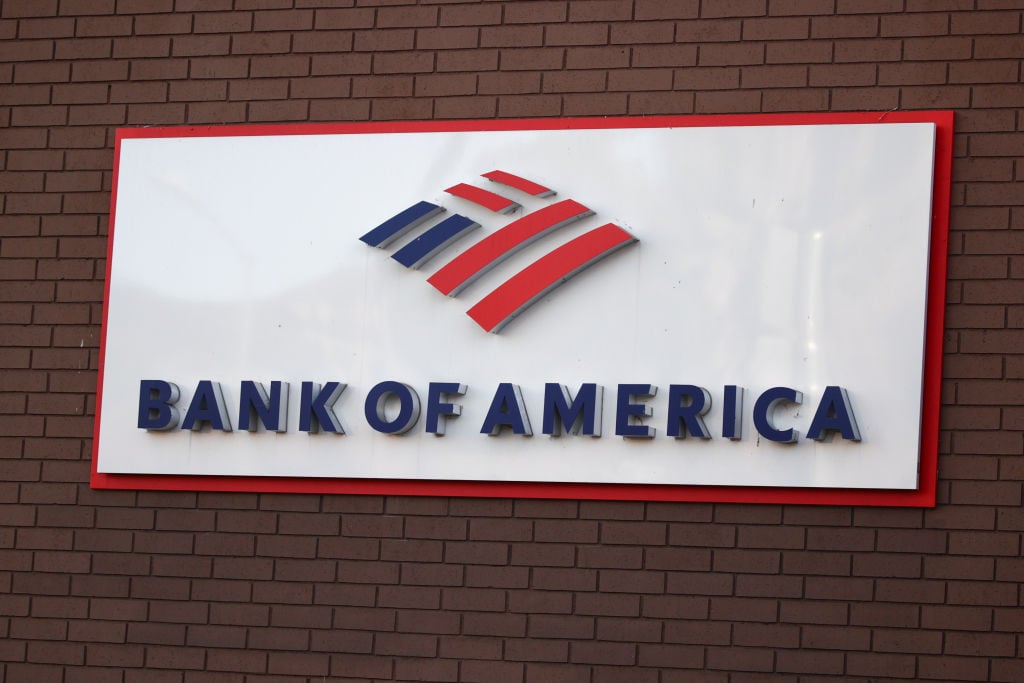I have to admit, I thought Bank of America (NYSE:BAC) would end up as one of the few banks strong enough to pull through the credit crisis without momentous problems. Yes, it's brutal for every bank right now, but as recently as last quarter things were still hanging in there.
Not anymore.
After news of a $2.39 billion quarterly loss and the announcement that dividends are all but history, my hope is waning. Not because of the loss, but because investors now have sincere reasons to question the capability of CEO Ken Lewis.
B of A's recent Merrill Lynch acquisition necessitated another government bailout, which will drop an extra $20 billion into its coffers, plus a government guarantee of 90% of losses on a $118 billion pool of bad assets after B of A sucks up the first $10 billion -- similar to the bailout part deux that Citigroup (NYSE:C) received in November. In return, taxpayers get $4 billion in preferred stock yielding 8%, plus warrants for 10% of that amount.
What's shady to me is that the B of A bailout is needed solely because of the two-week-old, $33 billion acquisition. CEO Ken Lewis apparently realized he bit off more than he could chew and debated renegotiating the deal last month, only to have the Treasury swarm in and beg otherwise, fearing that a failed deal might upend financial markets.
While havoc certainly would have ensued, B of A essentially sacrificed its own shareholders to save Merrill Lynch. As part of the bailout, quarterly dividends of more than a penny per share are banned for three years without government consent, leaving shareholders at a huge disadvantage compared to JPMorgan Chase (NYSE:JPM) and Wells Fargo (NYSE:WFC). This after Ken Lewis described the deal as "a great opportunity for our shareholders" back in September.
Make no mistake about what happened here: Lewis jumped the gun with Merrill Lynch, and shareholders are now paying dearly. On top of the $33 billion already paid for the broker, let's tack on the $4 billion in preferred stock (plus $320 million a year in associated dividends), $400 million in warrants, and lost income from having to ax common shareholder dividends. Ah, the gift that keeps on pillaging ...
Anyone else agree that it's time for Ken Lewis to go? Perhaps former Merrill Lynch CEO John Thain -- who was able to convince Lewis to pay such an ungodly amount -- could take over. His dealmaking skills look nothing short of brilliant at this point.
Bank on this Foolishness:






